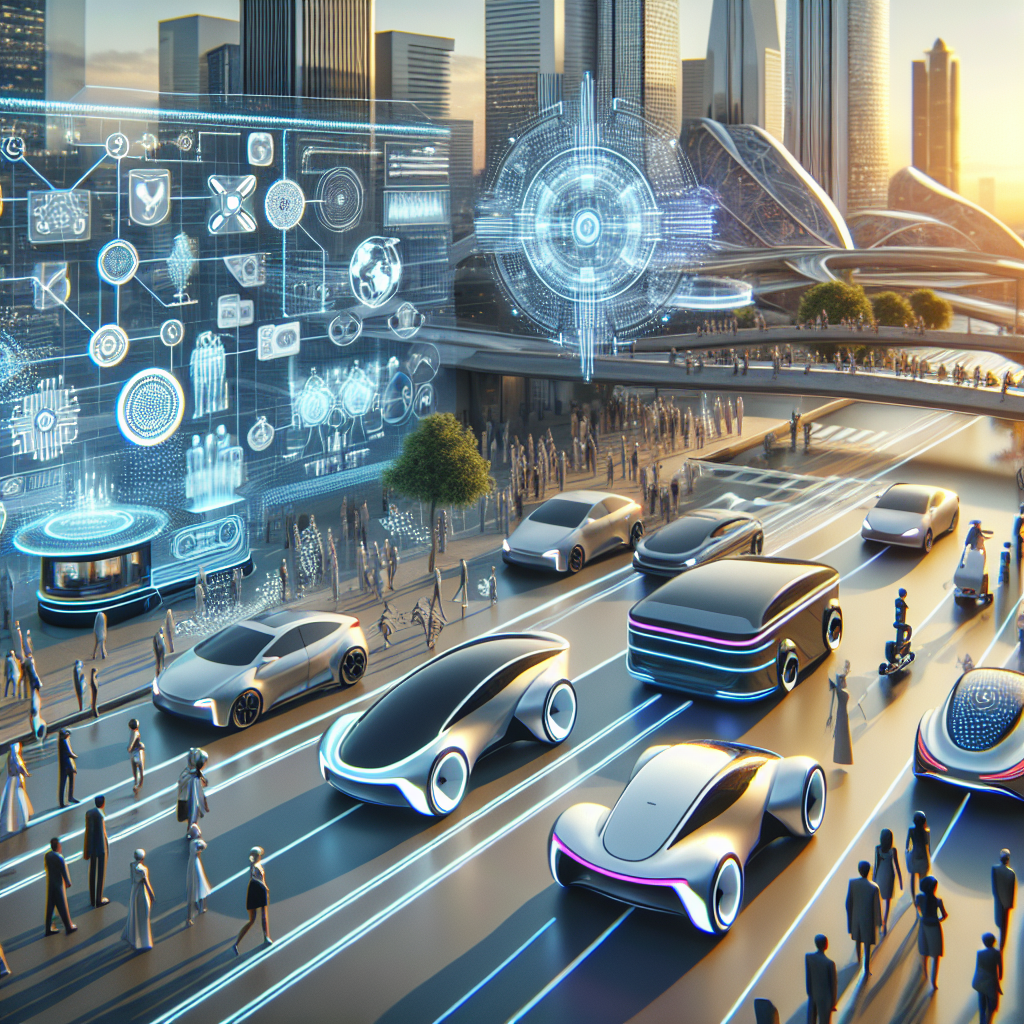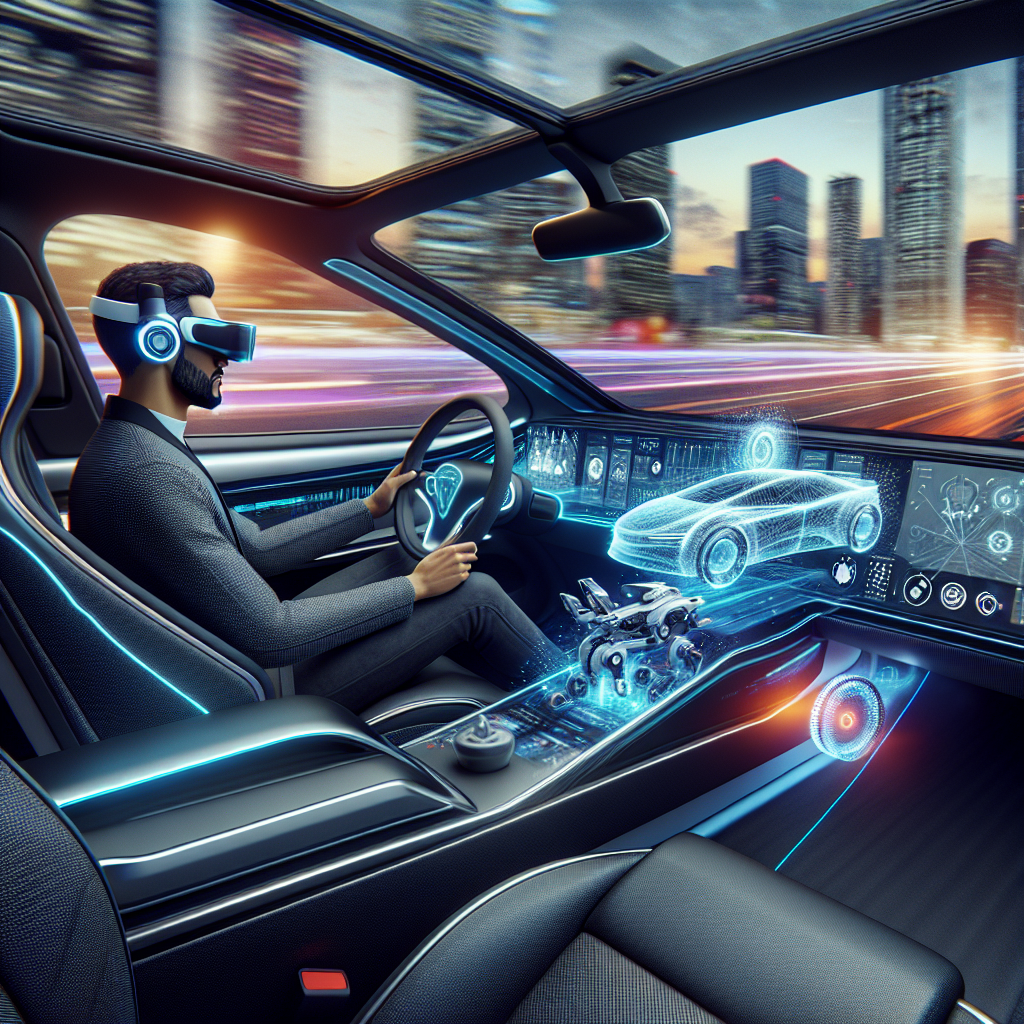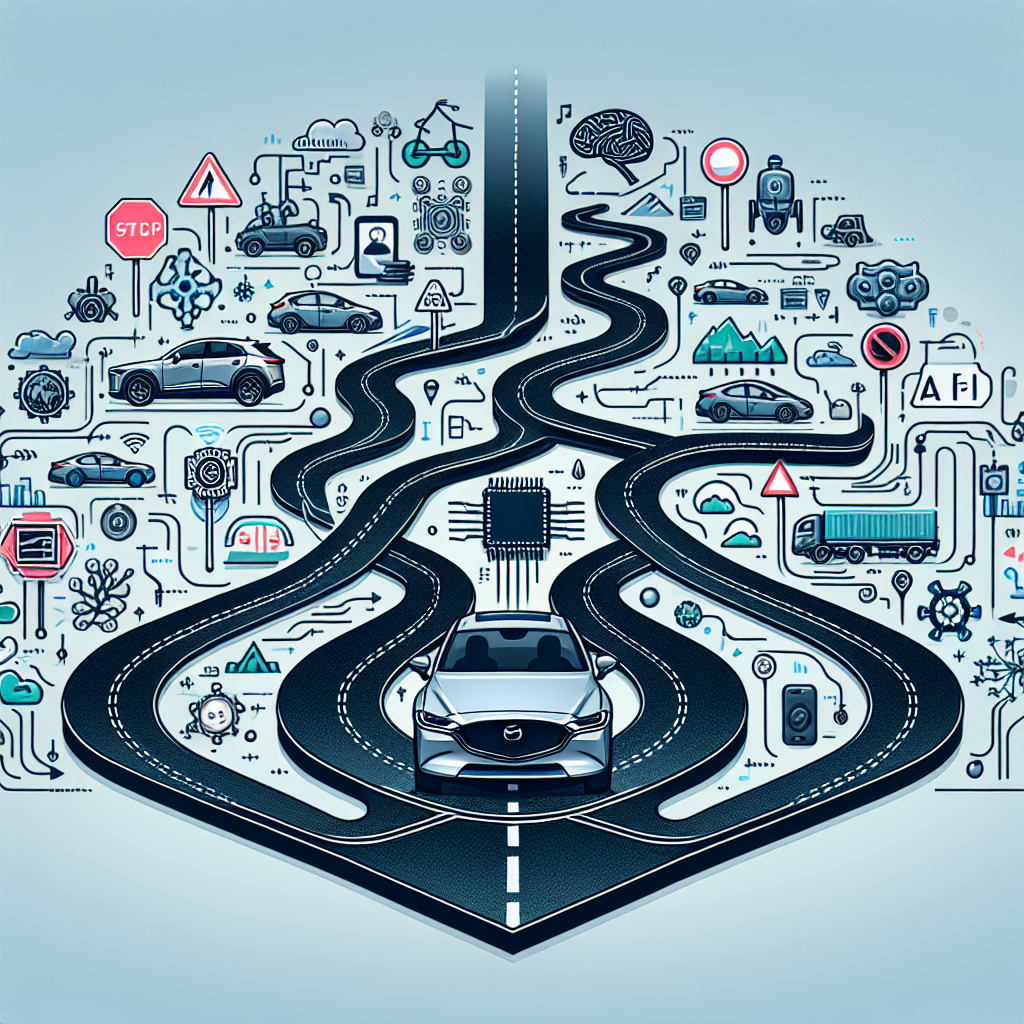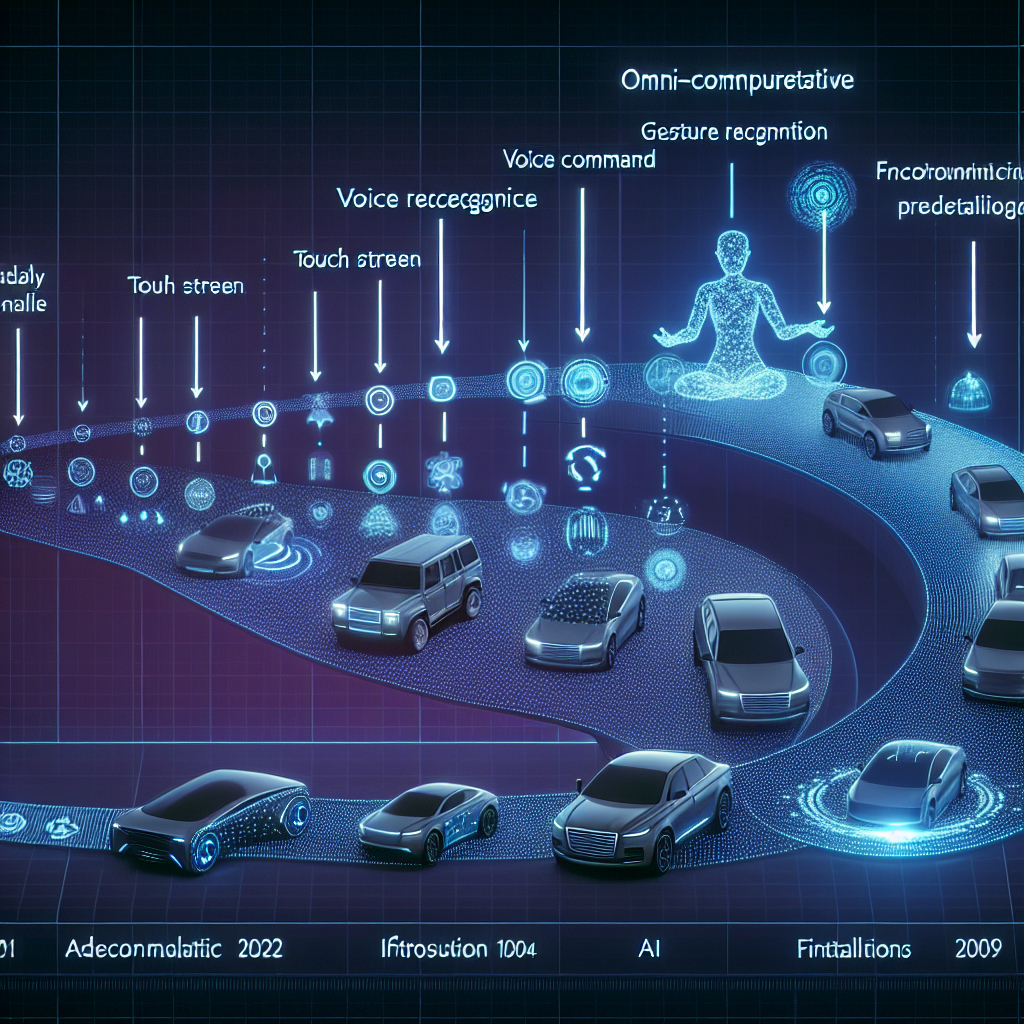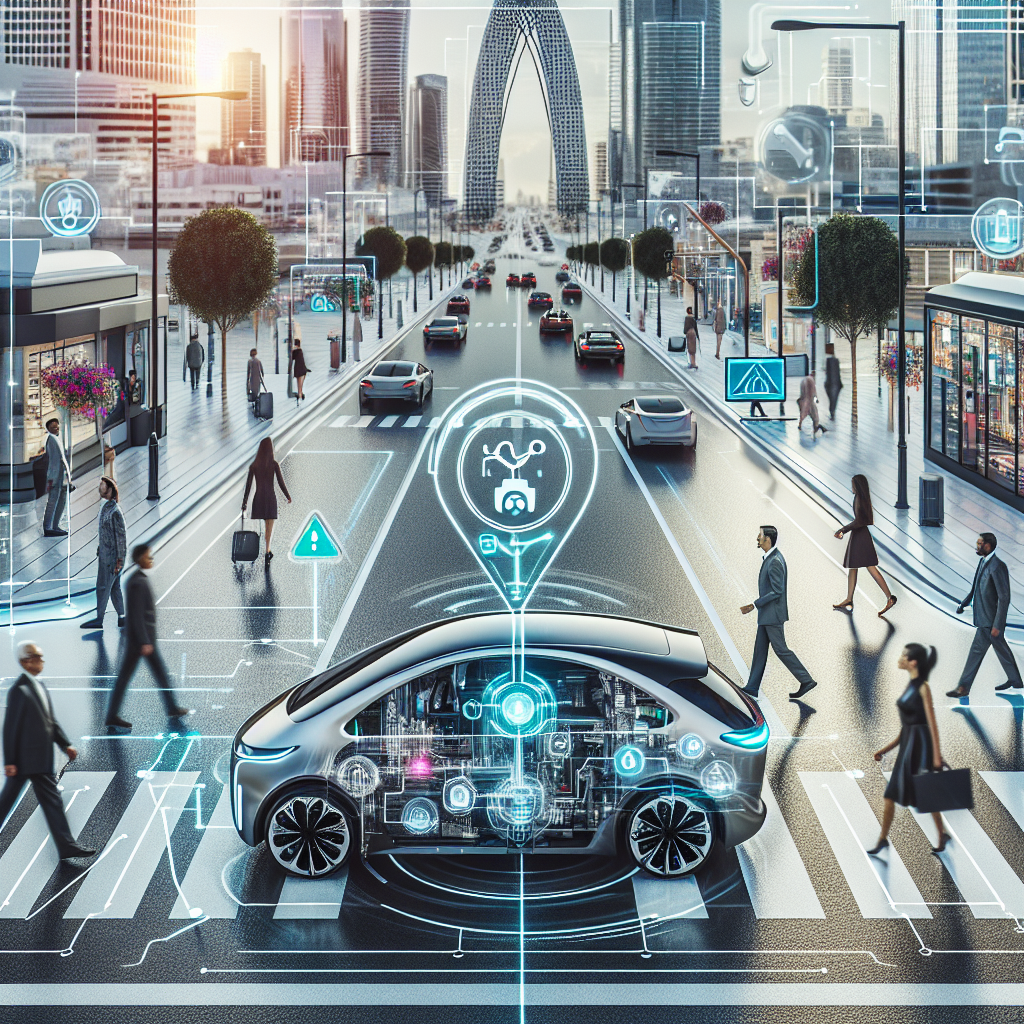Artificial Intelligence (AI) is a rapidly advancing field that involves the development of intelligent machines capable of performing tasks that typically require human intelligence. With the integration of AI, the future of electric autonomous vehicles holds great promise. These vehicles, equipped with AI technology, have the potential to revolutionize transportation by offering increased safety, efficiency, and convenience. By leveraging AI algorithms, electric autonomous vehicles can navigate roads, make real-time decisions, and adapt to changing environments, ultimately paving the way for a future where transportation is more sustainable and accessible for all.
The Impact of Artificial Intelligence on Electric Autonomous Vehicles
Artificial Intelligence and the Future of Electric Autonomous Vehicles
The Impact of Artificial Intelligence on Electric Autonomous Vehicles
In recent years, the world has witnessed remarkable advancements in the field of artificial intelligence (AI). This cutting-edge technology has the potential to revolutionize various industries, and one area where its impact is particularly profound is electric autonomous vehicles. AI has the power to transform the way we travel, making our roads safer, more efficient, and environmentally friendly.
One of the key advantages of AI in electric autonomous vehicles is its ability to process vast amounts of data in real-time. These vehicles are equipped with numerous sensors and cameras that constantly collect information about their surroundings. AI algorithms can analyze this data instantaneously, allowing the vehicle to make split-second decisions based on the current road conditions. This capability significantly enhances the safety of autonomous vehicles, as they can quickly respond to unexpected obstacles or hazards.
Moreover, AI enables electric autonomous vehicles to learn and adapt to their environment. Through machine learning algorithms, these vehicles can continuously improve their performance by analyzing past experiences and adjusting their behavior accordingly. This means that as more electric autonomous vehicles hit the roads, their collective knowledge and expertise will grow, leading to even safer and more efficient transportation systems.
Another significant impact of AI on electric autonomous vehicles is their potential to reduce traffic congestion. AI algorithms can optimize the routes and speed of these vehicles, taking into account real-time traffic conditions. By coordinating their movements, autonomous vehicles can avoid unnecessary stops and minimize traffic jams. This not only saves time for passengers but also reduces fuel consumption and emissions, contributing to a greener and more sustainable future.
Furthermore, AI can enhance the overall passenger experience in electric autonomous vehicles. These vehicles can be equipped with intelligent voice assistants that provide personalized recommendations, entertainment options, and even help with navigation. AI algorithms can also monitor the passengers’ preferences and adjust the vehicle’s settings accordingly, creating a comfortable and enjoyable journey for everyone on board.
The impact of AI on electric autonomous vehicles extends beyond just transportation. It has the potential to revolutionize the entire automotive industry. With the rise of electric vehicles, AI can optimize their energy consumption by analyzing driving patterns and adjusting power usage accordingly. This not only extends the range of electric vehicles but also reduces the need for frequent charging, making them more practical and convenient for everyday use.
In conclusion, artificial intelligence is set to transform the future of electric autonomous vehicles. Its ability to process vast amounts of data, learn from experience, and optimize performance will revolutionize transportation systems worldwide. From enhancing safety and reducing traffic congestion to improving the overall passenger experience, AI has the potential to create a greener, more efficient, and enjoyable future of travel. As we continue to embrace this groundbreaking technology, the possibilities for electric autonomous vehicles are truly limitless.In conclusion, Artificial Intelligence plays a crucial role in the future of electric autonomous vehicles. It enables these vehicles to navigate, make decisions, and adapt to changing road conditions without human intervention. AI technology continues to advance, leading to improved safety, efficiency, and convenience in transportation. As the development of electric autonomous vehicles progresses, AI will be instrumental in shaping the future of transportation, revolutionizing the way we travel and potentially reducing accidents and emissions.

